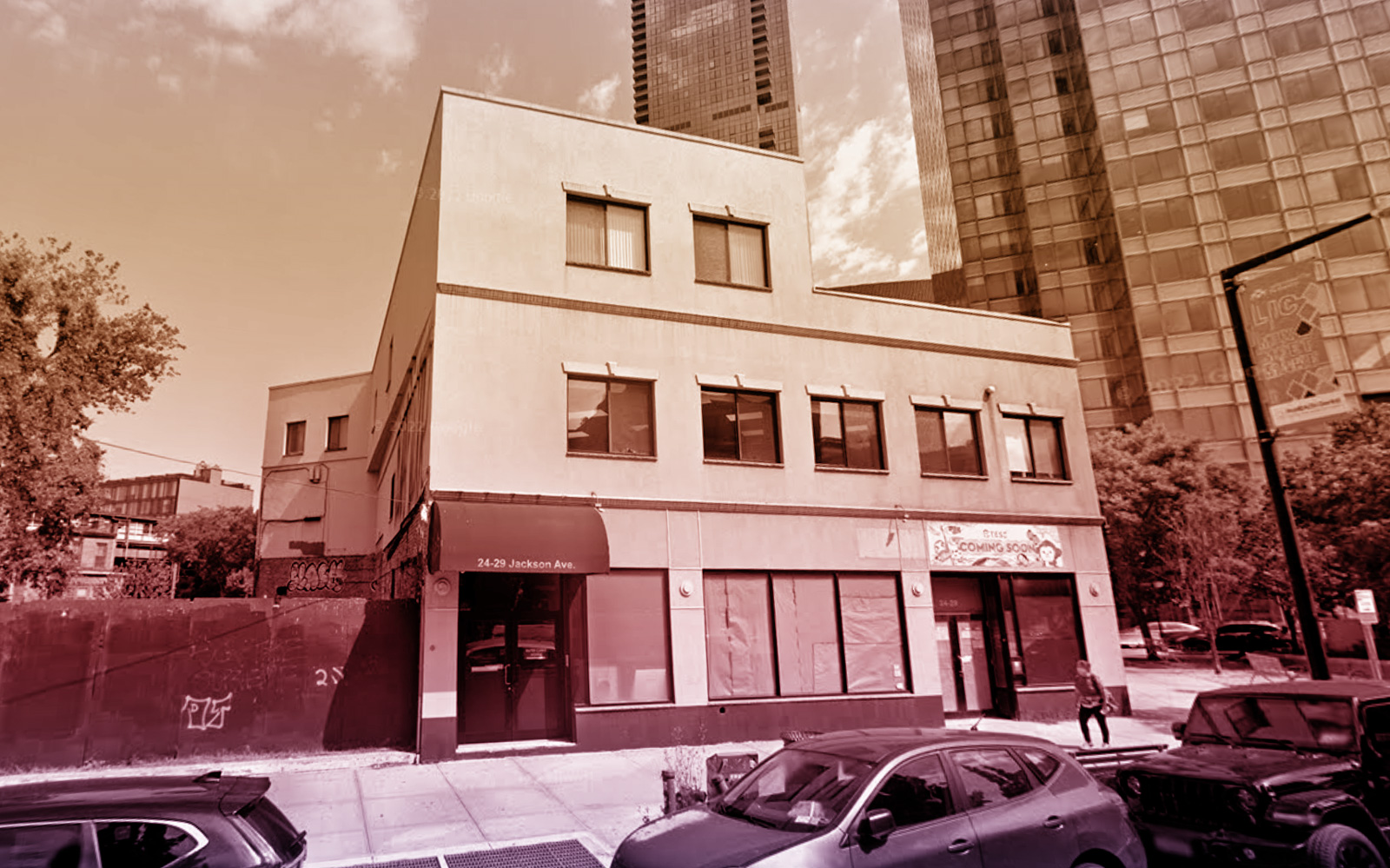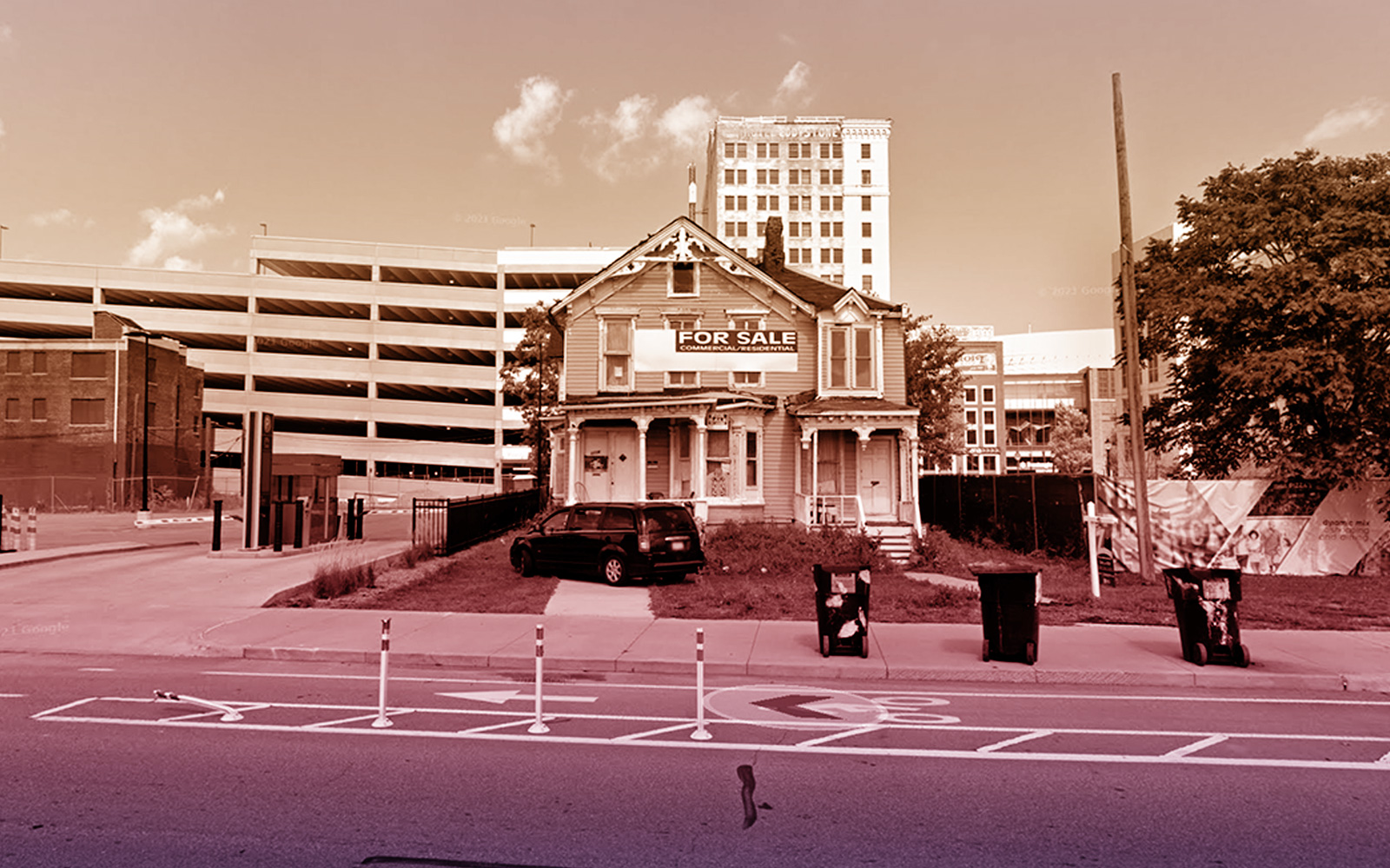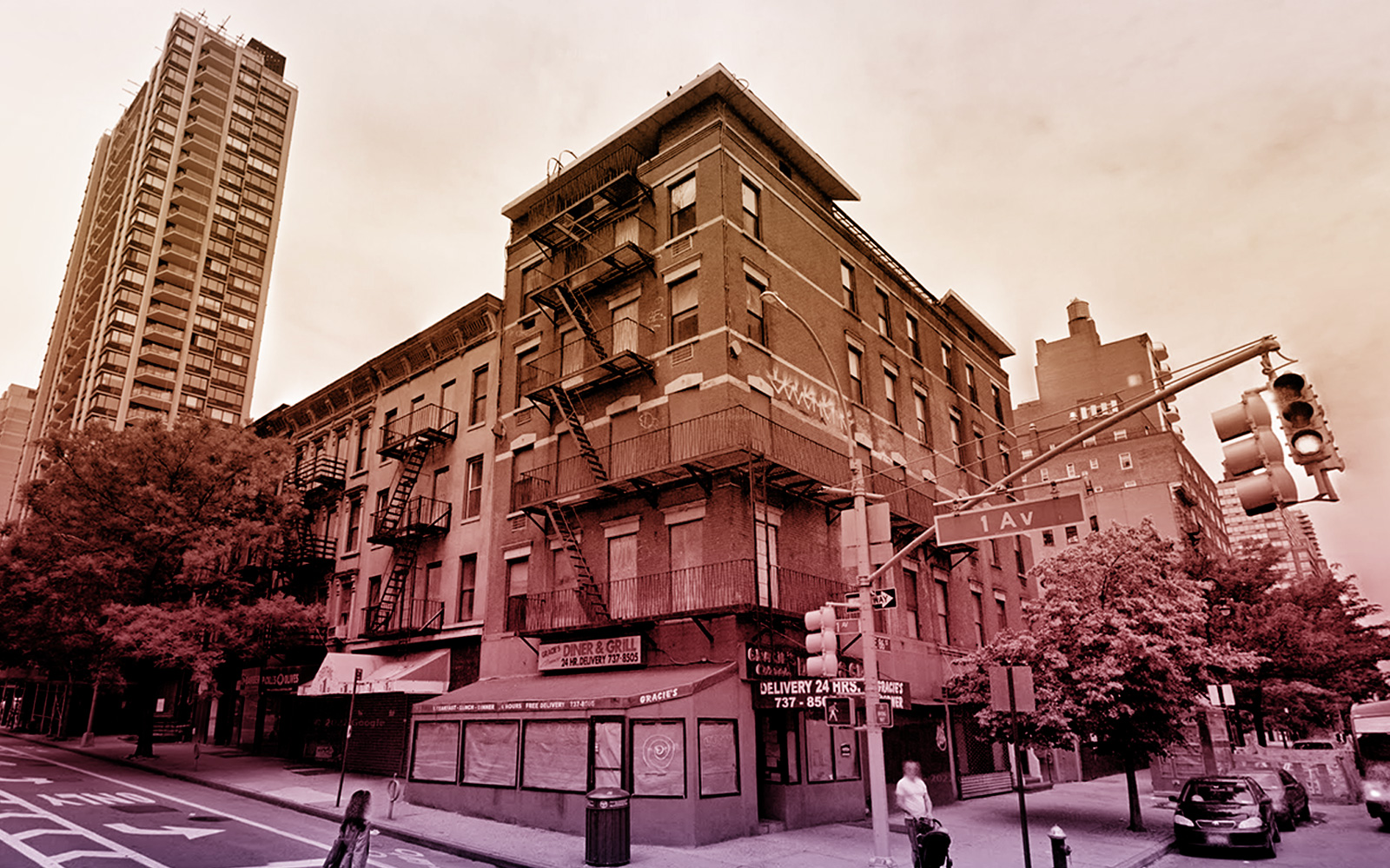Nobody said real estate development was easy, but some people can make it even harder.
In order for developers to move a project forward they need to secure the land where they intend to build, but tenants or homeowners sometimes have leverage to flex their muscles. In some cases they’re looking for a better deal or to stay put.
“We say to developers that the only sure thing is a buyout,” Sherwin Belkin, founding partner at Belkin Burden Goldman, told The Real Deal in 2022. “Here’s your check. Goodbye. Don’t let the door hit you on the way out.”
There have been highly-publicized holdouts — like Edith Macefield, an octogenarian who refused to sell her Seattle home to a developer, so the project was built around her property. (And may have served as inspiration for Pixar’s movie “Up” in the process.)
In the early 1900s, Macy’s famously had its own brush with a holdout at its flagship location at West 34th Street and Broadway.
More recently, the Molinari-Martinelli family, owners of a property adjacent to Google’s Mountain View headquarters in California, ended its holdout with the company by leasing its land to allow for Google to move forward with expansion plans.
Likewise, several current holdouts around the country have caught the attention of news outlets for a variety of reasons. Here’s a closer look at some of the most newsworthy examples.
The not-so-underdog story

Sometimes David has a bit more leverage to keep Goliath at bay.
That’s the case of Joe Nastasi, the 70-something mechanic from Sicily who refused developers’ offers of millions of dollars, apartments and even having a skyscraper named after him if he agreed to budge from a three-story commercial building in Long Island City, the New York Times reported.
“What am I going to do with the money?” he told the outlet in 2021. “ I don’t need no money.”
Instead of taking $18 million and selling outright, Nastasi sold about 90,000 square feet of development rights, and he held onto the building.
“I got no mortgage, I don’t owe nothing to nobody,” he told the publication. “Why should I sell a gold mine?”
Success stories

In New York, holdout Ahmet Nejat Ozsu refused $30,000 from Naftali Group to vacate a Manhattan building the developer bought in 2021 for $70 million.
Ozsu said he wouldn’t leave, despite a $25 million lawsuit filed against him and an eviction notice. He even managed to live with an industrial air filter that was placed outside his apartment.
“It’s two things: I have the right to be here, and I have no place to go,” he told the Times.
Ozsu ultimately settled with Naftali, court records show. A confidentiality agreement precludes the parties from revealing how much the tenant got, but his attorney told The Real Deal it was enough for his client to buy a place.
He’s not the only tenant to score a sweet deal. In 2019, Tom Cherniak received $3 million to vacate his rent-stabilized apartment on the Upper East Side. The building was then demolished and a 13-story building with retail and luxury apartments was built in its place, according to the Times.
Cherniak, the Times said, used the money to, among other things, buy a home with a pool in Connecticut.
The house that burned

A ramshackle home in Detroit — near the Little Caesars arena — was owned by one of the last holdouts to the Ilitch organization, which had gobbled up most of the land near the venue. The 3,350-square-foot, eight-bedroom home, however, burned to the ground in 2022, the Detroit News reported.
The arena was finished in 2017, thanks in large part to the Ilitch organization spending $50 million buying dozens of properties at the beginning of the 2010s. Still, the organization was trying to buy up remaining parcels that had held out.
Where the heart is
Also in Michigan, a woman is holding out from selling her Ann Arbor home to the University of Michigan because the home has been in her family for years.
Julie Welch said her family put a lot into the home since it was purchased in 1962 and she wasn’t willing to sell.
The university is buying homes this year to make way for a $490 million residence hall that was scheduled to open in 2025, Michigan Live reported. The university authorized spending $75 million to buy nearly 50 properties for the project.
Welch, it appeared, was in it for the long haul.
“Build around me and let’s coexist in peace,” she told the outlet.
In Australia, a family declined to sell a 5-acre property to a developer for $50 million, the New York Post reported.
“The fact that most people sold out years and years ago, these guys have held on. All credit to them,” Taylor Bredin, an agent with Ray White Quakers Hill, told a local TV station, according to the Post.
Sometimes Goliath has the upper hand

For years, holdout tenants prevented Extell Development from constructing a 22-story building with nearly 550 units and commercial space at 1651 First Avenue.
Gary Barnett, the Extell boss, planned to build an L-shaped development on First Avenue. But in April a state appellate court sided with his firm’s quest to evict a rent-regulated tenant at 1651 First Avenue.
The tenant, Gary Marshall, and other holdouts had caused Extell Development to design around their buildings. State officials repeatedly rejected Extell’s requests to deny its rent-regulated tenant a lease renewal so that it can demolish the building.
But in a unanimous September ruling, appellate judges found that the state Division of Homes and Community Renewal’s decision “was an error of law and was arbitrary and capricious.”
The court reinforced the ruling on Tuesday, denying the agency’s motion to reargue its case or to advance to the state’s highest court. Marshall and his attorney, Fred Seeman, said in April that they were not giving up.
“There’s miles and miles to go before we sleep,” Seeman said.
Hot in Cleveland

Sometimes the virtue of patience pays off.
In 2022, the Port of Cleveland board of directors settled a longstanding dispute with the owners of a 0.4-acre parcel that held up a $100 million project to build a park, Cleveland.com reported.
Owners of the property — which was home to a hamburger joint — received $1.25 million after rejecting an initial offer of just over $350,000.
Tying up in litigation

Lawsuits seeking to evict tenants or terminate condominiums can be costly and time consuming. In Miami, 10 unit owners are fighting Two Roads Development’s termination and planned demolition of their waterfront condo building in Miami’s Edgewater.
Two Roads said its affiliate is now the sole owner of the property, which the plaintiffs dispute.
The developer filed its termination plan last year, but does not yet own nine of the 192 units, though it is listed as the owner of the site on the property appraiser’s website. The unit owners who are trying to block the termination allege the developer-controlled association illegally amended the condo declaration to lower the requirement for termination to 80 percent of owners, from 100 percent, according to the complaint.
